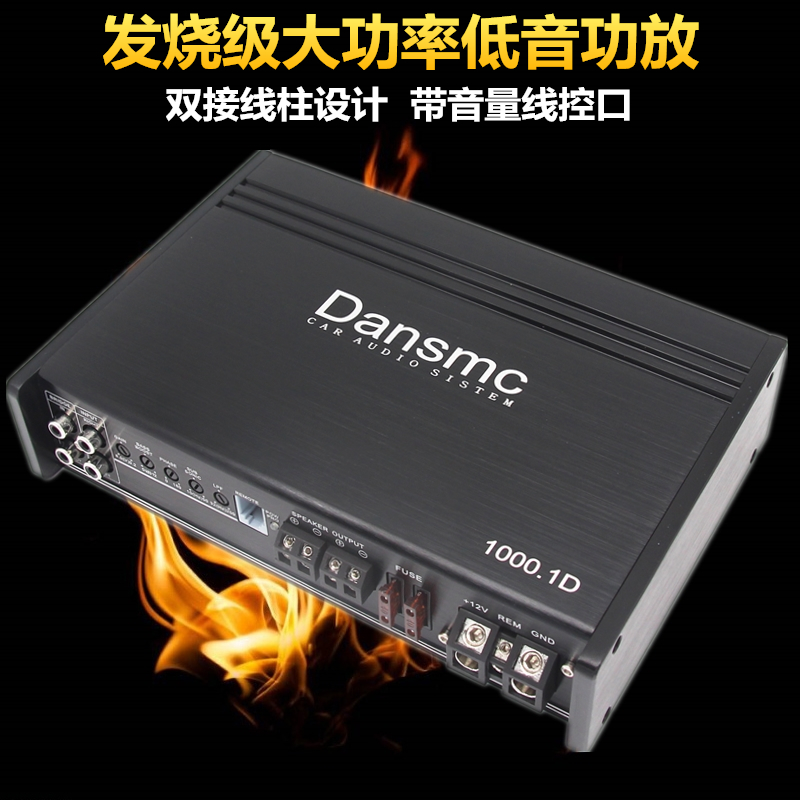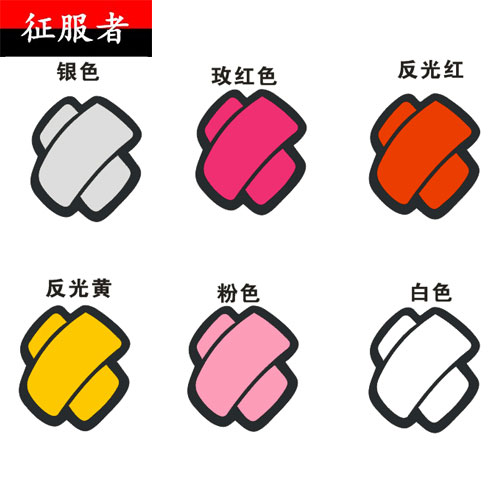欢迎来到 阳泉市某某投资咨询有限责任公司
全国咨询热线: 020-123456789

联系我们
North Korea slams South Korea
来源:阳泉市某某投资咨询有限责任公司 更新时间:2024-10-30 12:20:37
 |
| A TV screen shows a report of North Korea's rocket launch with file image of North Korean leader Kim Jong-un during a news program at the Seoul Railway Station in Seoul, Thursday. AP-Yonhap |
North Korea on Thursday denounced the trilateral agreement among South Korea, the United States, and Japan as "the Asian version of NATO," and the U.S. scheme to encircle Russia and China.
Pyongyang's defense minister, Kang Sun-nam, issued a statement after the leaders of Seoul, Washington and Tokyo held a trilateral summit at Camp David last week, and agreed to beef up cooperation to deal with North Korea's nuclear and missile threats.
"The recent confab brought to light the U.S. sinister intention to lay big siege to China and Russia by tightly binding the hands and feet of Japan and the ROK (Republic of Korea), the primary bullet shield for realizing its greedy ambition for world domination, to the Asian version of NATO," read the English statement carried by the Korean Central News Agency, referring to South Korea's official name, the Republic of Korea.
It was the first statement by a high-ranking North Korean official following an anonymous commentary that ran on the state media two days earlier accusing the trilateral summit of adopting a series of documents to "detail, plan and formulate" nuclear war provocations.
Kang slammed Washington for "driving the Ukraine crisis to the brink of world nuclear war" by sending weapons, including F-16 fighter jets, to Ukraine, and for slandering "the normal cooperation between sovereign states in the field of national defense for peace and security," in its thinly-veiled response to rumors over Pyongyang's arms trade with Russia.
The defense chief said the North will "resolutely take the overwhelming and preemptive armed counteraction," and "redouble the militant friendship and solidarity with Russia" to fight against their common enemy.
It was seen as the North's latest efforts to boost ties with China and Russia against Seoul forging stronger security cooperation with Washington and Tokyo amid the Russia-Ukraine war and intensifying China-U.S. rivalry.
The statement came after the North's second attempt to put a spy satellite into space failed, three months after its first launch crashed into the sea. (Yonhap)
城市分站
友情链接
GG扑克注册 GGPoker GG扑克注册 GG扑克 GGpoker下载 GGpoker注册 GGPoker GGpoker官网 GG扑克官网 GG扑克下载 GG扑克 GG扑克官网 GGpoker官网 GG扑克注册 GG扑克下载 GGpoker下载 GGpoker注册 GGpoker注册 GG扑克 GG扑克注册 GGpoker官网 GGpoker官网 GGpoker注册 GGPoker GG扑克官网 GG扑克下载 GGpoker注册 GG扑克下载 GGpoker下载 GGpoker下载 GG扑克 GG扑克下载 GGPoker GGPoker GG扑克官网 GG扑克官网 GGpoker注册 GG扑克注册 GGPoker GGpoker下载 GG扑克 GG扑克下载 GGpoker官网 GGpoker下载 GG扑克 GG扑克官网 GG扑克注册 GGpoker官网
联系我们
Copyright © 2024 Powered by 阳泉市某某投资咨询有限责任公司 sitemap



